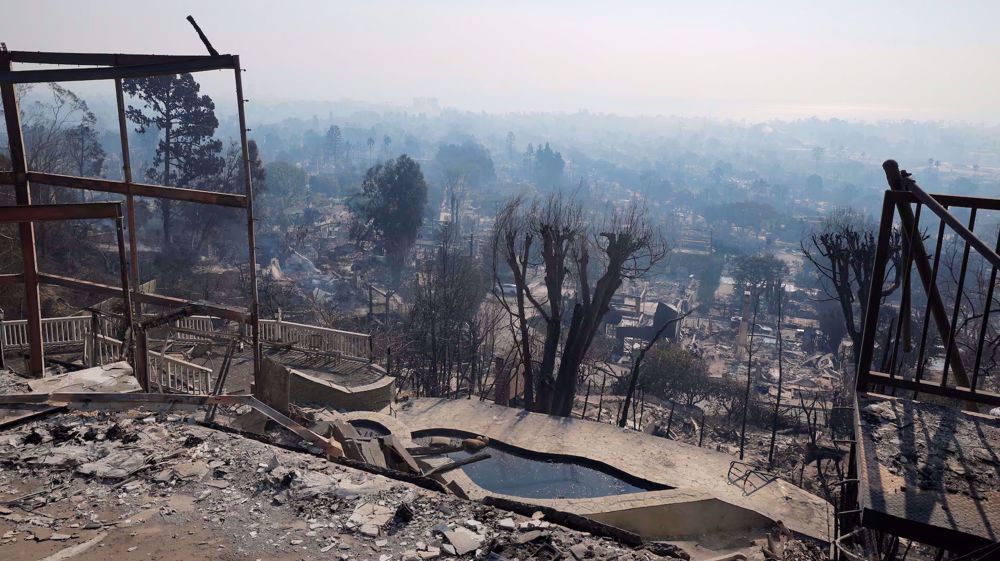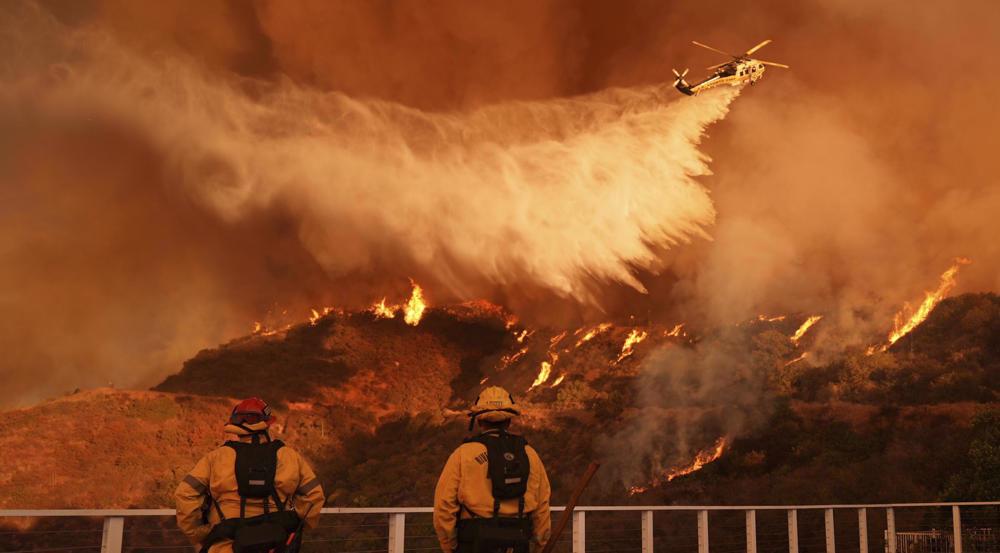US tap water contaminants linked with 100,000 cancer cases: Study
Chemicals present within legal limits in tap water are projected to be responsible for more than 100,000 cancer cases in the US, according to estimates from a new study.
The study, published Thursday in the journal Heliyon, looked at nearly 50,000 water systems across the country.
It analyzed the presence of 22 cancer-causing chemicals that are regulated by states and the Environmental Protection Agency but still found in varying degrees in drinking water.
Researchers with the Environmental Working Group, a nonprofit advocacy organization, said the study is the first to project on a national level the cancer risk the combination of chemicals pose over a person's statistical lifetime – about 70 years.
They found that the majority of cancer cases came from water systems that were fully complying with drinking water standards set either by states or the EPA.
"Water that meets legal standards still poses health risks," says Sydney Evans, the lead author of the study and a science analyst at Environmental Working Group.
Of the nearly two dozen chemicals examined, the biggest problem is arsenic, which even in small concentrations is responsible for disproportionate numbers of cancer cases, according to the study.
But Evans says that this study is an attempt to start looking at the chemicals present in water as a mixture instead of assessing them one by one.
The analysis is conservative, according to Evans, because it only looked at chemicals with national monitoring data or health benchmark levels. Many more chemicals exist in drinking water that haven't been studied enough to include in the assessment, Evans says.
The study does not include measurements from private wells, which roughly 13.5 million Americans rely on for drinking water. Private wells don't have to follow federal drinking water standards.
A water filter is a good "first course of action for an individual who is concerned," Evans says. Residents should check their local water reports to know what kind of filter would be best for the types of chemicals present where they live.
The study shows that tougher standards for drinking water are needed, according to Evans.
"Filters aren't a solution," Evans says. "They're a measure people can take right now until their water quality is improved."
(Source: US News & World Report)
Hamas thanks Iran, Resistance Front following achievement of ceasefire in Gaza
'Capitulation': Israeli officials and media concede Gaza defeat as truce unfolds
'Gaza has won': Social media users react to ceasefire with mix of relief, joy
Iran seeks South Korea’s assistance for AI, fiber-optic projects
VIDEO | Iran's 'Eqtedar' (Power) maneuver
Israel hits HTS military target in Syria for 1st time since fall of Assad
VIDEO | Press TV's news headlines
Israel has slaughtered 13,000 students in Gaza, West Bank











 This makes it easy to access the Press TV website
This makes it easy to access the Press TV website